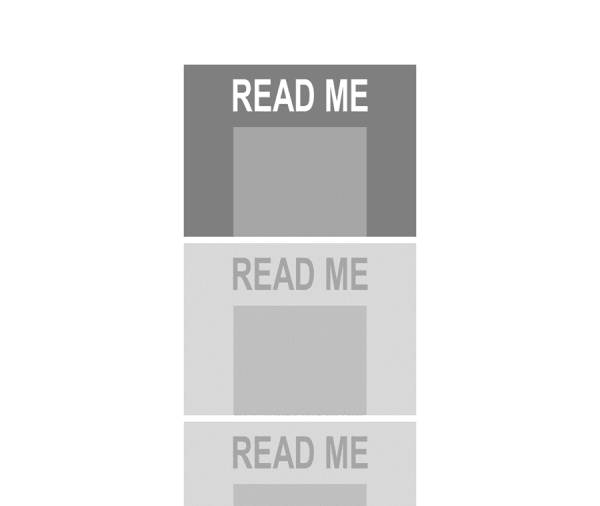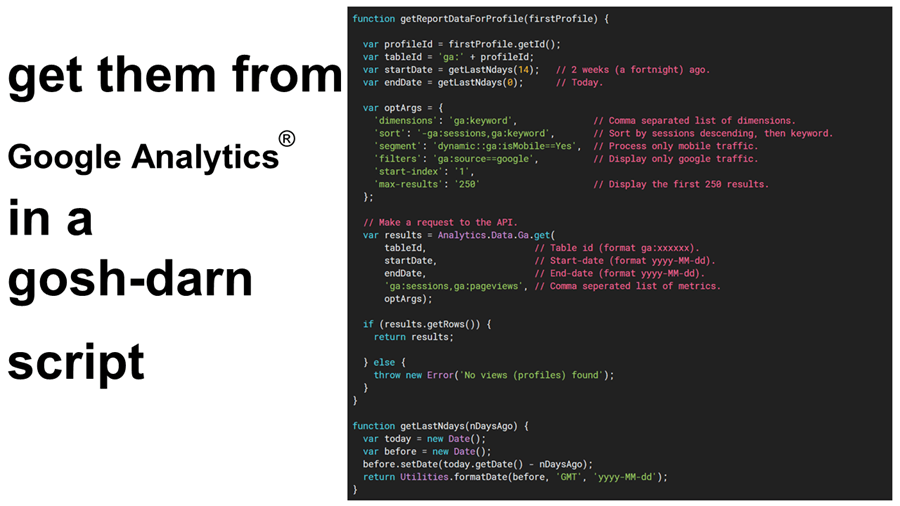More often than not, our customers opt out of a static table of contents. Their intuition is that people don’t want to search for content as much as they want content to find them. And the intuition is confirmed by data. In this article, we want to talk about building a knowledge feed without using artificial intelligence solutions.
Smart content delivery: what kind of it do we mean?
The idea of delivering content in a smarter way is thrown a lot. But what does it actually mean? We think it’s all about economy of use. People need to use as little energy as possible on reaching the content, so they can focus on using it. So, we need to deliver smart content in a way that is intuitive to people.

There is a study published by Parse.ly that shows most of their content traffic comes from social media instead of Google Search. So, people are more likely to stumble upon content than search for it. They stumble upon it in their social media feed, which is a mix of advertisements and content shared by their friends.
Our customers publish technical content about their complex products and services. They want the smart content to reach people when they need it, but they don’t want to advertise it on social media or wait for people’s friends to share it. This is where the notion of a knowledge feed comes in.

What is a knowledge feed?
Social media feeds are full of informative and entertaining things. A knowledge feed focuses only on the informative and is usually related to a single product or suite of products. For our customers, a knowledge feed would be part of their help centre or knowledge base. It would be on the home page, next to the table of contents and the search box.
A knowledge feed is a list of help topics which are relevant to the user in a given moment. This could rely on content they previously read, or content that other people with similar interests read. It could also depend on events in the system or even events in the user’s calendar. The feed is dynamic and can show different topics each time the user sees it.
A knowledge feed is the most effective if its goal is to educate the user and not advertise. But the feed can also cross-sell and up-sell through content marketing. It can show your users what other fantastic things they could do with premium, as long as it also shows them how to get out of trouble within the plan they have now.
Want to find out more?
Artificial intelligence solutions: why they are needed?
We cannot reliably program all possible scenarios, even if we knew them all. To achieve this level of interactivity, the system needs to adapt and learn. Existing social media networks use some artificial intelligence to rank posts, and a lot of artificial intelligence to target you with ads. The same would go for a knowledge feed, and we have already written about it. Some pretty sophisticated mechanisms need to be used to read and understand your content, and then apply it to a situation.
Many companies do not have the capacity to develop their own artificial intelligence solutions, even using existing solutions. And in many cases, there is no need because something smaller and easier would work just as well.
What smaller and easier solutions can replace artificial intelligence?
No scripts will literally replace artificial intelligence, but some can simulate the experience. For example, instead of building a feed that is connected with a particular user, make something that is useful to “the statistical user”. You can achieve this by creating a feed of some recently popular topics.
Pick a time span that makes sense, for example last 30 days, and retrieve 10 most viewed help topics. You can do this using Google APIs to analytics and a handful of JavaScript, as explained here.

Once you have your top 10 topics, use some JavaScript (or whatever your website is using) to feed them into a box on your homepage.
If you want to go pro even more, you can collect a list of common search phrases and create a list of links to search results, or the first topic from each search.
Wow! That sounds really simple
What we cited here is just an example. If you use your imagination, you can come up with more.
